#w.c. fields
Text

" I cook with wine, sometimes I even add it to the food."
― W.C. Fields
64 notes
·
View notes
Text

W.C. Fields and an unidentified actress in Poppy, 1923. This was a musical with music by Stephen Jones and Arthur Samuels, book and lyrics by Dorothy Donnelly, additional music by John Egan, and additional songs with lyrics by Howard Dietz and Irving Caesar.
Madge Kennedy had the title role and Luella Gear was also in the cast. Fields played a character named Professor Eustace McGargle. The story, set in 1874 Connecticut, concerns a circus barker and con man, Prof. McGargle, who tries to pass off his foster daughter, Poppy, as a long-lost heiress. It turns out, of course, that Poppy really is an heiress.
It opened on September 3, 1923, and ran for a successful 346 performances, closing on June 28, 1924. It included elements of revue, including specialty numbers. Its success established Fields's comic con man persona and led to film versions, also starring Fields. The first was a silent called Sally of the Sawdust (1925), directed by D.W. Griffith, and the second was Poppy (1936).
Photo: White Studio via NYPL
#vintage New York#1920s#W.C. Fields#Poppy musical#Poppy film#Prof. McGargle#Broadway musicals#vintage Broadway#September 3#3 September#June 28#28 June#vintage NYC
46 notes
·
View notes
Text
You can't cheat an honest man.
(W.C. Fields)
22 notes
·
View notes
Quote
Once... in the wilds of Afghanistan, I lost my corkscrew, and we were forced to live on nothing but food and water for days.
W.C. Fields
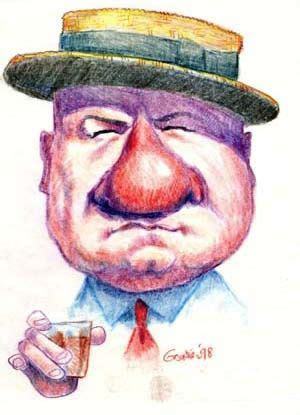
23 notes
·
View notes
Text
A W.C. Fields Finding Aid
We’ve long since passed 100 posts on the topic of William Claude Dukenfeld, a.k.a. W.C. Fields (1880-1946) on this blog and so we thought we’d mark his birthday (January 29) with this new handy finding aid to help you navigate them. And if you prefer to browse, the W.C. Fields section of Travalanche is here. Below, some of the key posts:
Main Biographical Post (Including Vaudeville…
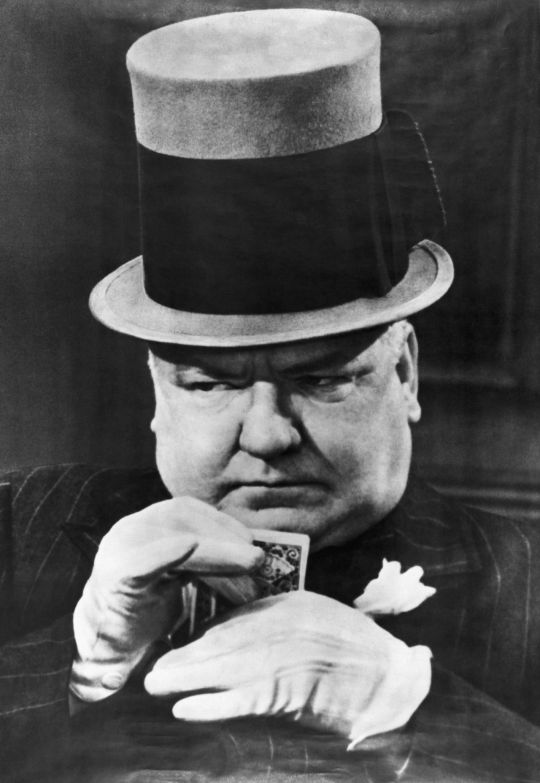
View On WordPress
2 notes
·
View notes
Text

W. C. Fields, January 29, 1880 – December 25, 1946.
12 notes
·
View notes
Photo

Frank Lawton, W.C. Fields, and Roland Young in David Copperfield (George Cukor, 1935)
Cast: Freddie Bartholomew, Frank Lawton, Edna May Oliver, Jessie Ralph, Basil Rathbone, Herbert Mundin, Una O’Connor, Lionel Barrymore, Elsa Lanchester, W.C. Fields, Roland Young, Lewis Stone, Madge Evans, Hugh Williams, Maureen O’Sullivan. Screenplay: Howard Estabrook, Hugh Walpole, based on a novel by Charles Dickens. Cinematography: Oliver T. Marsh. Art direction: Cedric Gibbons. Film editing: Robert Kern. Music: Herbert Stothart.
As long as there are novels and movies, there will be people trying to turn novels into movies. Which is a task usually doomed to some degree of failure, given that the two art forms have significantly different aims and techniques. Novels are interior: They reveal what people think and feel. Movies are exterior: Thoughts and feelings have to be depicted, not reported. Novels breed reflection; movies breed reaction. Novel-based movies usually succeed only when the genius of the filmmakers exceeds that of the novelist, as in the case, for example, of Alfred Hitchcock's transformation (1960) of Robert Bloch's Psycho, or Francis Ford Coppola's extrapolation (1972) from Mario Puzo's The Godfather. We mostly settle for, at best, a satisfying skim along the surface of the novel, which is what we get in Cukor's version of Dickens's novel. I'm not claiming, of course, that Cukor or the film's producer, David O. Selznick, was a greater genius than Dickens, but together -- and with the help of Hugh Walpole, who adapted the book, and Howard Estabrook, the credited screenwriter -- they produced something of a parallel masterpiece. They did so by sticking to the visuals of the novel, not just Dickens's descriptions but also the illustrations for the original edition by "Phiz," Hablot Knight Brown. The result is that it's hard to read the novel today without seeing and hearing W.C. Fields as Micawber, Edna May Oliver as Betsey Trotwood, or Roland Young as Uriah Heep. The weaknesses of the film are also the weaknesses of the book: women like David's mother (Elizabeth Allan) and Agnes Wickfield (Madge Evans) are pallid and angelic, and David himself becomes less interesting as he grows older, or in terms of the movie, as he ceases to be the engaging Freddie Bartholomew and becomes instead the vapid Frank Lawton. But as compensation we have the full employment of MGM's set design and costume departments, along with a tremendous storm at sea -- the special effects are credited to Slavko Vorkapich.
10 notes
·
View notes
Text
If I Had a Million



MGM showcased its stars in GRAND HOTEL (1932) and DINNER AT EIGHT (1933), while Paramount did much the same with ALICE IN WONDERLAND (1933) and IF I HAD A MILLION (1932, Criterion until last night). Though the latter isn’t as lustrous as MGM’s projects, it sure is a lot of fun. Disgusted with friends and family, millionaire Richard Bennett decides not just to leave his fortune to eight complete strangers, but to deliver the money personally. There follow eight segments of varying quality in which he delivers checks to China store clerk Charlie Ruggles (a delight as usual), prostitute Wynne Gibson, forger George Raft, retired vaudevillian Alison Skipworth (fortuitously married to W.C. Fields), death row inmate Gene Raymond (godawful), bookkeeper Charles Laughton, marine Gary Cooper (talking rapidly for a change) and the magnificent Dame May Whitty. The prologue and epilogue are gracefully directed by Norman Taurog, whose camera moves are to be treasured. Comedy veteran Norman Z. MacLeod directed Ruggles as a clerk tired of having his salary docked for breakage and saddled with nagging wife Mary Boland (the two were a popular team for a while). He also directed Fields and Skipworth, who are hilarious together as they use her riches to get revenge on road hogs (it would take more than a million to do that in Atlanta). Whitty’s segment, directed by the little-known Stephen Roberts, paints a grim picture of life in a home for elderly women and features an exaltation of beautiful character actresses. But the highlight is Laughton’s segment, directed by Ernst Lubitsch. It’s a masterpiece of restraint by both actor and director, setting up one of the film’s most satisfying punchlines (and the rare joke that’s as funny when you don’t know what’s coming as it is when you do). Segments featuring Cary Grant, Carole Lombard, Fredric March, Miriam Hopkins and Sylvia Sidney were either left unfilmed or abandoned unfinished. For the Fields episode, Joseph L. Mankiewicz created what would become the comic’s catchphrase, “My little chickadee,” which Fields bought from him for $50.
#omnibus films#all-star films#pre-code films#charles laughton#w.c. fields#gary cooper#may whitty#charlie ruggles#george raft#ernst lubitsch#joseph l. mankiewicz
2 notes
·
View notes
Text
al things considered — when i post my masterpiece #1164

first posted in facebook march 7, 2023
henry herbert la thangue -- "in the orchard" (1893)
"oh, my childhood, my innocent childhood! this is the nursery where i slept and i used to look out at the orchard from here! look, mother's walking in the orchard. in a white dress" ... madame ranevsky
"do you know a man by the name of LaFong? carl LaFong? capital L, small a, capital F, small o, small n, small g. LaFong. carl LaFong" ... insurance salesman
"no, i don't know henry herbert la thangue - capital L, small a, capital T, small h, small a, small n, small g, small u, small e. and if i did know henry herbert la thangue, i wouldn't admit it!" ... al janik
#henry herbert la thangue#in the orchard#madame ranevsky#the cherry orchard#anton chekhov#my childhood#carl laFong#al things considered#w.c. fields
2 notes
·
View notes
Text
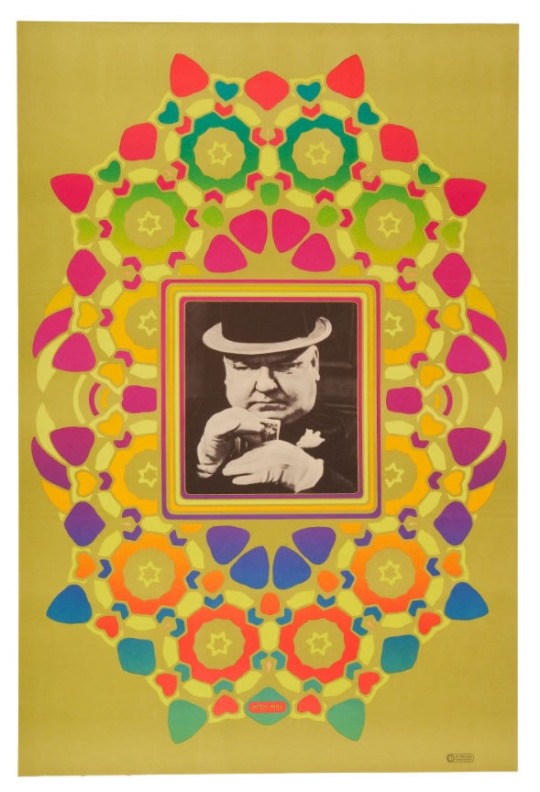
2 notes
·
View notes
Photo

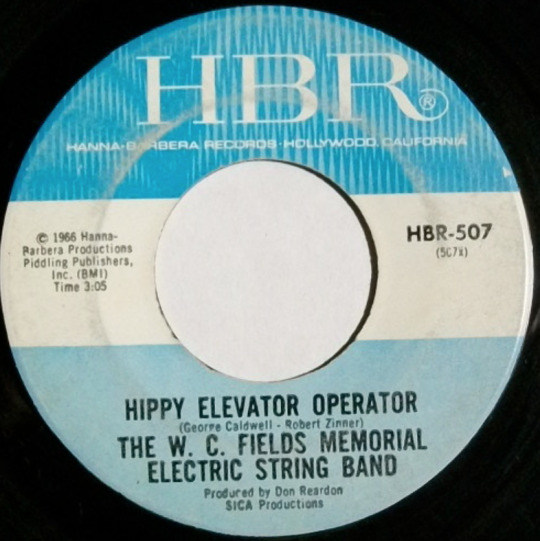
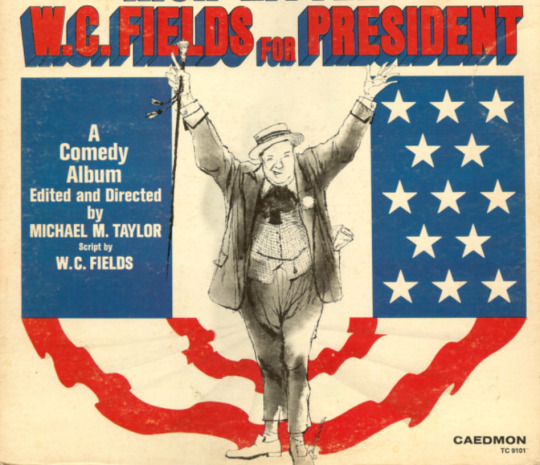


youtube
1969-1970.
The W.C. Fields Record Craze.
10 notes
·
View notes
Text
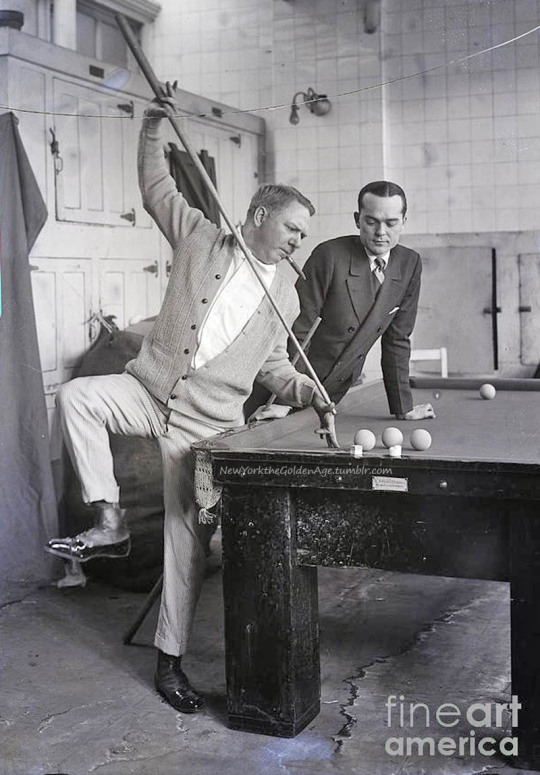
W. C. Fields starred in the Ziegfeld production Comic Supplement, which featured a comic billiard match, in 1924. Here he is learning some of the tricks of the billiard table from Bob Cannefax, former billiard titleholder, November 25, 1924.
Photo: Bettmann Archives/Getty Images/Fine Art America
#New York#NYC#vintage New York#1920s#W.C. Fields#Ziegfeld#Ziegfeld show#Bob Cannefax#billiards#November 25#Nov. 25#rehearsal#billiard match
141 notes
·
View notes
Text
youtube
The Bank Dick (1940) Review - Lifetime loaf and drunkard Egbert Souse accidently thwarts a bank robbery. He immediately becomes a town hero and is asked by the bank officers to become a bank detective or Bank Dick. With his new job will Egbert turn over a new leaf and stop his drinking habit, or will he continue his ways and learn nothing? You'll have to tune in to find out!
#Movie#Review#Movie Review#Comedy#Bank Dick#W.C. Fields#Bank Robbery#Movie Director#Alcoholic#1940#Youtube
3 notes
·
View notes
Photo

Bad movie I have W.C. Fields Comedy Collection Volume Two IT has You’re Telling Me 1934, The Old Fashioned Way 1934, Man on the Flying Trapeze 1935, Poppy 1936 and Never Give a Sucker an Even Break 1941
#W.C. Fields#Joan Marsh#Buster Crabbe#You’re Telling Me#Joe Morrison#Baby LeRoy#Judith Allen#The Old Fashioned Way#Mary Brian#Kathleen Howard#Grady Sutton#Man on the Flying Trapeze#Rochelle Hudson#Richard Cromwell#Catherine Doucet#Poppy#Gloria Jean#Leon Errol#Billy Lenhart#Never Give a Sucker an Even Break
1 note
·
View note
Text
R.I.P. Richard Anobile
I only just got the memo that Richard J. Anobile (1947-1923) passed away a few days ago.
Classic comedy fans all know Anobile’s name for a couple of reasons. The broader reason is the he authored all of these coffee table books full of photo stills and quoted lines that allowed you to experience classic comedies and other old movies from the comfort of your home, back in those grim, bleak days…

View On WordPress
#Abbott and Costello#books#dead#Flask of Fields#Laurel and Hardy#Marx Bros.#Marx Brothers#obituary#Richard J. Anobile#Scrapbook#W.C. Fields#Why a Duck?
2 notes
·
View notes

